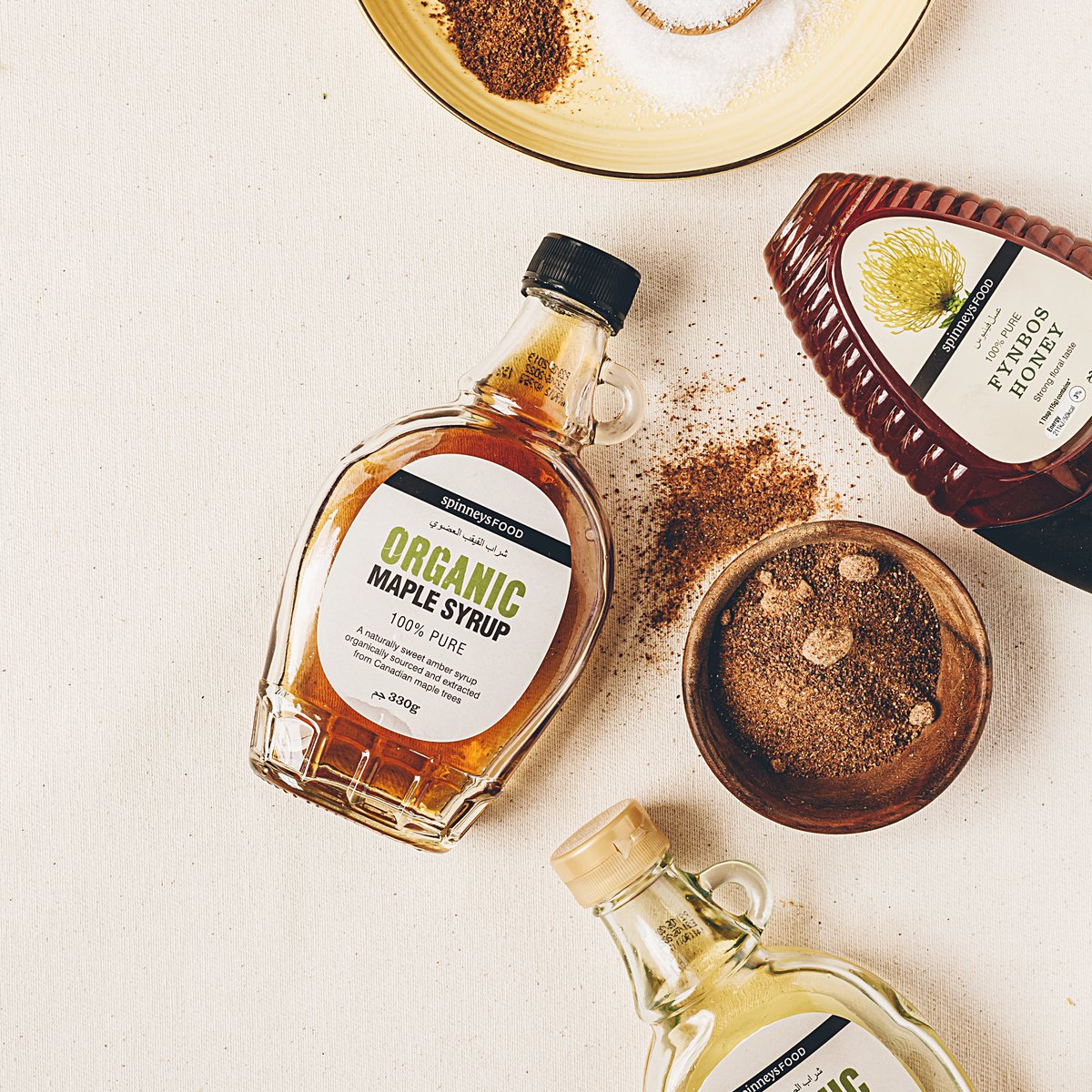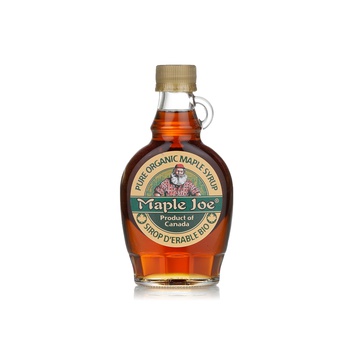There are over a baker’s dozen reasons to reach for the many natural or alternative sweeteners on the shelves at Spinneys. Here’s a breakdown of a few of our favourite options…
DATE SUGAR
Not to be confused with date palm sugar or palm sugar, date sugar is made from ground, dried dates. It’s sweet, has a light tan colour, and is granulated, which makes it a great 1-to-1 swap for cane sugar in baking. Note that it doesn’t dissolve, so it cannot be used to sweeten drinks or make syrups. It has a low GI index, too.
COCONUT SUGAR
Coconut sugar is made by processing the staff of coconut blossoms. With a delicious malty flavour and a softer texture than cane sugar, it is a good substitute for baking although it can result in denser, drier bakes. Adding mashed banana or apple purée to recipes with coconut sugar is a good way to counteract this. If you’re making caramel sauce from coconut sugar, remember it burns at a lower temperature than cane sugar.
AGAVE SUGAR
Agave syrup, extracted from the agave plant, is a naturally occurring sweetener similar in consistency to honey or maple syrup, although slightly thinner. It is easily dissolvable, meaning it’s particularly suited to use in mocktails and smoothies, vegan friendly and has a low GI index.
It is around 30 per cent sweeter than conventional sugar.
MAPLE SUGAR
Maple syrup has an earthy flavour that works well in sweet or savoury dishes. However, it can be an expensive replacement in cooking, so remember to only use it in recipes where you can actually taste it. Like agave syrup, it’s sweeter than conventional sugar, And offers Nutrients like riboflavin, zinc, calcium, magnesium and potassium.
HONEY
Depending on which variety of honey you choose (fynbos, orange blossom etc.), it can add flavour and sweetness to recipes. Because honey is liquid and doesn’t contain crystals, beware of swapping it out in recipes that use the creaming method. If sugar is just being added to a recipe, then use honey as a substitute.


